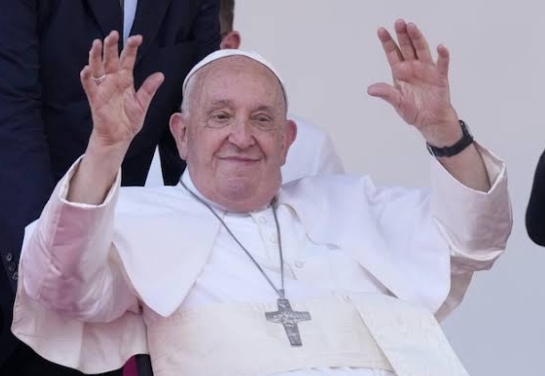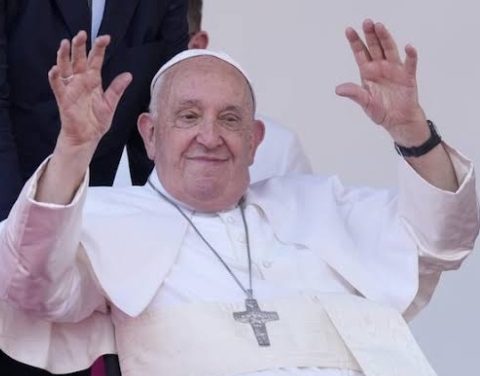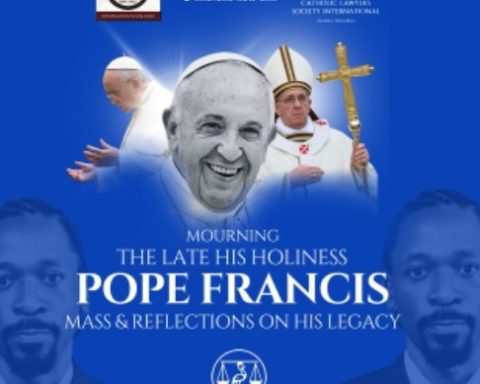Pope Francis, the first Latin American leader of the Roman Catholic Church and a transformative yet polarizing figure, has died at the age of 88, the Vatican confirmed Monday.
“Dear brothers and sisters, it is with profound sadness I must announce the death of our Holy Father Francis,” Cardinal Kevin Farrell said in a televised address from Vatican Media. “At 7:35 this morning, the Bishop of Rome, Francis, returned to the house of the Father.”
Born Jorge Mario Bergoglio in Buenos Aires, Argentina, the son of Italian immigrants, Pope Francis was elected the 266th pope on March 13, 2013. His appointment shocked many Vatican watchers, as he was seen as a humble outsider with a deep pastoral connection to the poor and marginalised.
Francis passed away after recently surviving a serious bout of double pneumonia, which had raised concerns about his already fragile health.
During his papacy, Francis sought to reshape the Catholic Church into a more inclusive, transparent, and compassionate institution. He refused to live in the luxurious papal apartments, choosing instead to reside in a modest guesthouse, saying it was better for his “psychological health.”
He inherited a Church reeling from decades of sexual abuse scandals and internal strife. From the outset, Francis was given a mandate to reform — but change came with resistance. Conservatives within the Church accused him of diluting doctrine, while progressives urged him to push further on issues like LGBTQ+ rights, the role of women, and celibacy.
Despite the tension, he became one of the most globally recognized religious leaders of the 21st century, known for his powerful calls for climate action, refugee protection, and economic justice. His international trips often drew massive crowds, and his outreach to other faiths made him a pivotal figure in global interreligious dialogue.
His tenure was also notable for the unique situation of having two popes residing in the Vatican. Pope Emeritus Benedict XVI, who resigned in 2013, continued to live in the Vatican until his own death in 2022.
Francis’ death marks the end of an era defined by both compassion and controversy, and it opens the door for yet another critical chapter in the Catholic Church’s long history. The College of Cardinals will soon convene in conclave to elect his successor.
Funeral arrangements and details for the upcoming conclave are expected to be announced by the Vatican in the coming days.



























